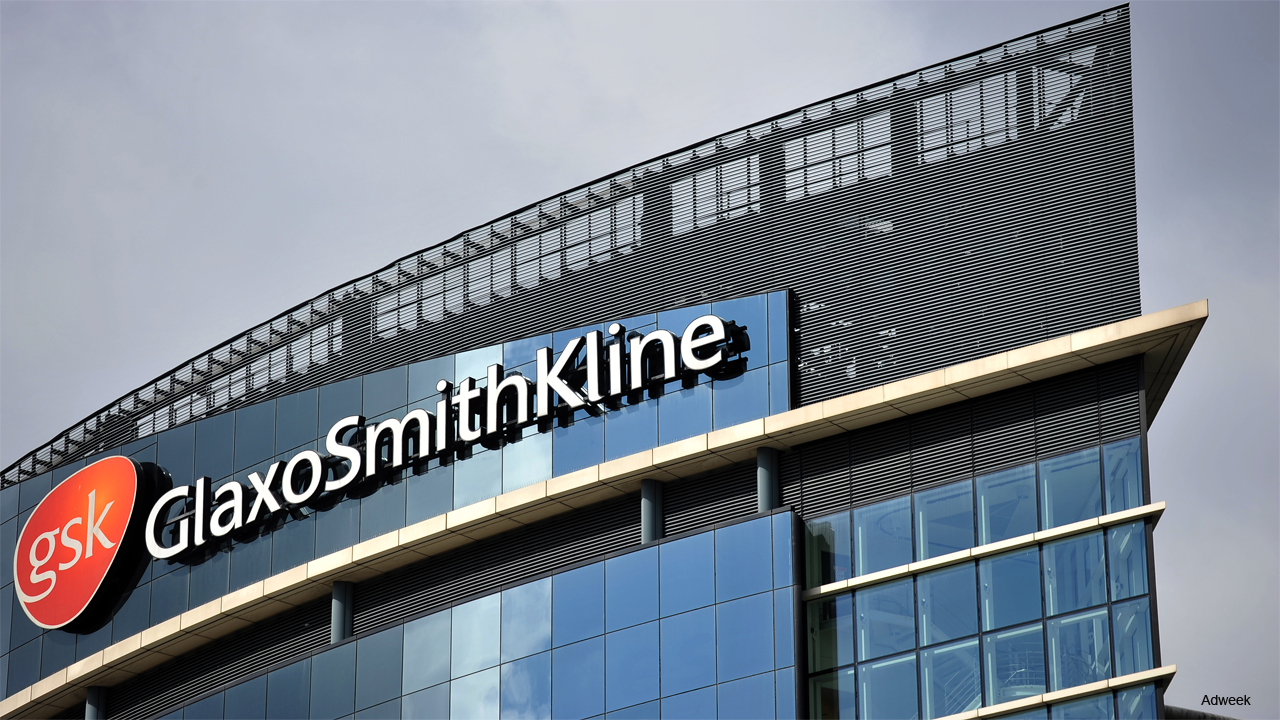GlaxoSmithKline (GSK) plc announced updated data from GARNET cohort F evaluating dostarlimab in mismatch repair-deficient (dMMR) non-endometrial advanced solid cancers being presented today at the 2021 American Society of Clinical Oncology Gastrointestinal Cancers Symposium (ASCO GI). Study results (abstract #9) showed a 38.7% objective response rate (ORR) (N=106, 95% CI; 29.4–48.6) in patients with dMMR advanced solid cancers who received dostarlimab, an investigational anti-programmed death-1 (PD-1) monoclonal antibody. Additionally, after a median follow-up of 12.4 months, the median duration of response (DoR) had not yet been reached, and responses were durable across tumour types.
Dr. Axel Hoos, Senior Vice President and Head of Oncology R&D, GSK said: “We are committed to finding new approaches to improve outcomes for patients with difficult to treat cancers who have limited treatment options today. These new results from the ongoing GARNET study demonstrate the potential for dostarlimab to help a broad range of patients with solid tumours that have a deficiency in DNA mismatch repair.”
Cohort F of the GARNET trial enrolled patients with dMMR non-endometrial solid cancers, the majority of which were gastrointestinal, with highest prevalence in colorectal, gastric and small intestinal cancers among other solid cancers of which the majority of patients (n=81) had been treated with 2 or more prior lines of systemic therapy. Patients received 500 mg of dostarlimab every three weeks for four doses and 1,000 mg of dostarlimab every six weeks thereafter for up to two years, or until disease progression or discontinuation. The primary objectives of the study were confirmed ORR and DoR, as assessed against RECIST v 1.1 by blinded independent central review.
Objective response rates were consistent across patients with colorectal (n=69) and non-colorectal cancers (n=37), including small intestine, gastric, pancreatic, ovarian, liver and other types of solid cancers. In patients with colorectal cancer, the ORR was 36.2% (95% CI; 25.0–48.7) and in patients with non-colorectal cancer the ORR was 43.2% (95% CI; 27.1–60.5). 8% of patients in cohort F achieved a complete response.
Dr Thierry André, Professor of Medical Oncology, Sorbonne University and Saint-Antoine Hospital in Paris said: “The patients who participated in GARNET cohort F had mismatch repair-deficient solid cancers with progressive disease on standard therapy and few available treatment options. This data shows that dostarlimab may become an important new treatment option that provides durable responses for these patients.”
Dostarlimab was well tolerated with a low discontinuation rate (3.5%) due to treatment-related adverse events (TRAEs) among patients who received one or more doses of dostarlimab and were evaluable for safety (n=144). The most commonly reported TRAEs were asthenia (13%), diarrhoea (13%), pruritis (13%), arthralgia (9%), and fatigue (9%). Grade 3 or greater TRAEs occurred in 8% of patients. No deaths associated with dostarlimab were reported in the study.
A Biologics License Application and Marketing Authorisation Application for dostarlimab are currently under review by the US Food and Drug Administration and the European Medicines Agency, respectively, for the treatment of patients with recurrent or advanced dMMR/microsatellite instability high (MSI-H) endometrial cancer who have progressed on or after platinum-based chemotherapy. Dostarlimab is not currently approved for use anywhere in the world.

 GSK plc announced updated data from GARNET cohort F evaluating dostarlimab in mismatch repair-deficient non-endometrial advanced solid cancers being presented today at the 2021 American Society of Clinical Oncology Gastrointestinal Cancers Symposium
GSK plc announced updated data from GARNET cohort F evaluating dostarlimab in mismatch repair-deficient non-endometrial advanced solid cancers being presented today at the 2021 American Society of Clinical Oncology Gastrointestinal Cancers Symposium









.jpeg)

.jpeg)
.jpeg)
.jpeg)


.jpg)


.jpeg)
.jpeg)


.jpeg)
.jpg)




